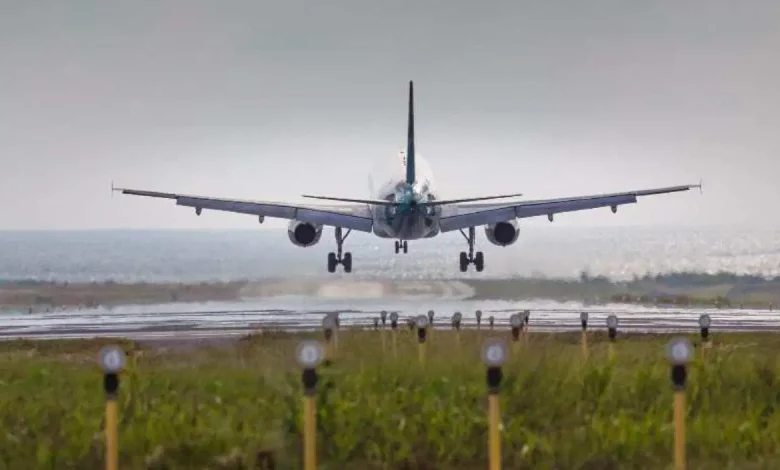Nigeria loses N120 billion to illegal charter operations, aviation experts call for action

A newly released report by the Ministerial Task Force on Illegal Private Charter Operations has revealed that Nigeria has lost an estimated N120 billion in revenue over the past decade due to illegal charter operations, regulatory gaps, and weak enforcement by the Nigerian Civil Aviation Authority (NCAA).
The report, commissioned by Aviation Minister Festus Keyamo, highlights major security vulnerabilities, interagency coordination issues, and outdated policies that have crippled the country’s aviation sector.
“Over the past decade, Nigeria lost an estimated N120 billion in statutory revenue from the sector due to regulatory loopholes,” the report stated.
The document also named several companies involved in illegal charter operations, including Arik Air Ltd, BUA International Limited, Dominion Air Limited, Executive Jets Services, Max Air Ltd, the Rivers State Government, Julius Berger Nig. Ltd, and Nestoil Plc.
To combat the crisis, the task force recommends urgent reforms, such as the immediate closure and overhaul of the General Aviation Terminal in Abuja, which is plagued by security issues. The report also calls for the repeal of the controversial 22-year aircraft age limit, which many believe has hindered growth in the industry.
Other recommendations include strengthening the NCAA’s regulatory capabilities, improving air charter brokers’ licensing systems for greater transparency, and enforcing strict compliance with aviation regulations. The task force believes these changes could restore the aviation sector’s regulatory integrity, improve safety, and position Nigeria for long-term global competitiveness.
Despite the proposals, the task force’s findings have received criticism from aviation experts who doubt the government’s ability to enforce meaningful change.
John Ojikutu, an aviation security expert and CEO of Centurion Security Limited, criticized the task force’s efforts as ineffective, blaming the NCAA for failing to enforce existing regulations. “Most of these charter aircraft are owned by political office holders or people with influence. It’s an indictment on the NCAA,” Ojikutu said.
He also raised concerns about the regulation of foreign-registered aircraft operating in Nigeria, questioning how authorities can manage them effectively. “Most of these charter flights are foreign-registered. Have you been able to identify them? Who brought them in? What is the regulation on foreign-registered aircraft operating in this country?” Ojikutu explained.
Ojikutu stressed that powerful figures are protecting illegal flights, making enforcement even more challenging. “They are being protected,” he added.
The ongoing challenges in Nigeria’s aviation sector highlight the urgent need for stronger regulatory enforcement and systemic reforms to prevent further losses and ensure the safety and sustainability of the industry.





